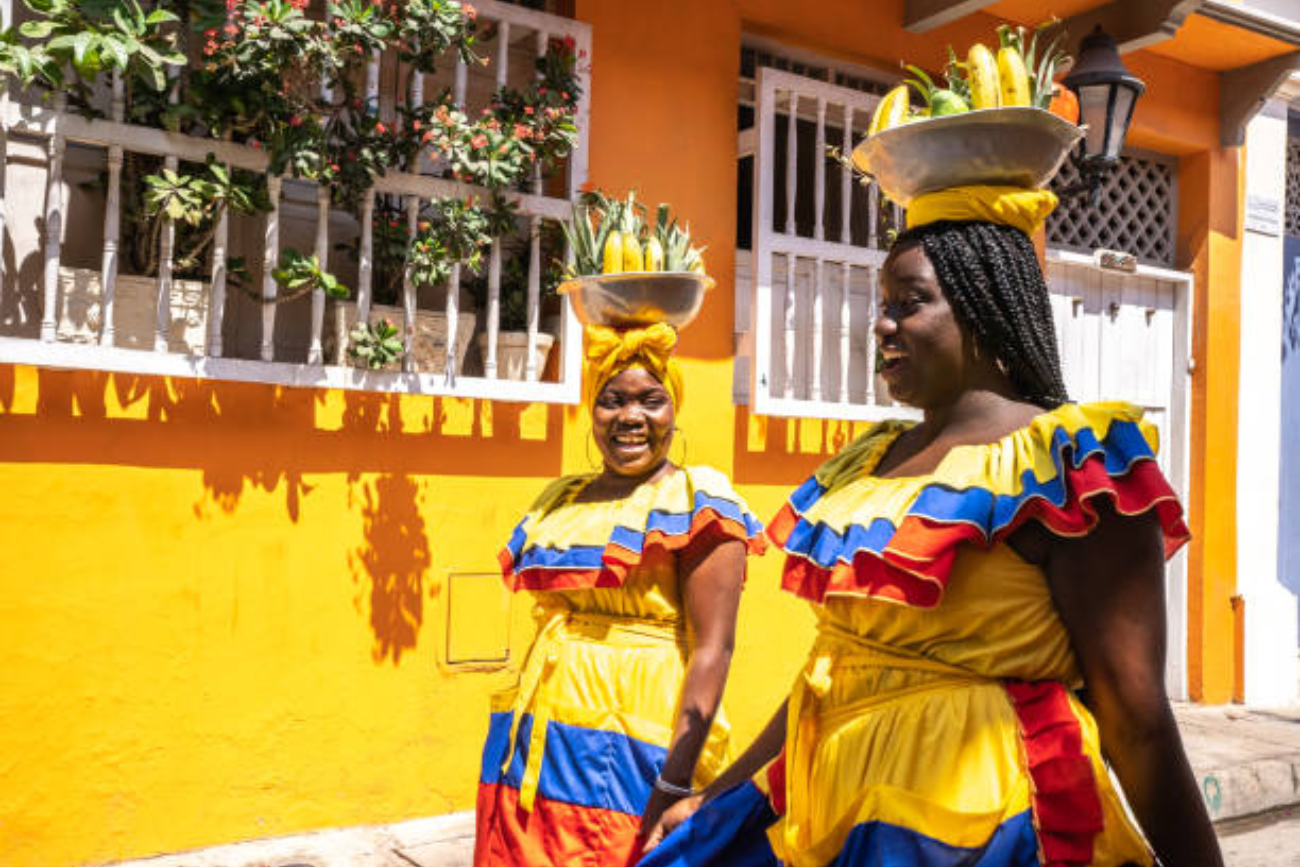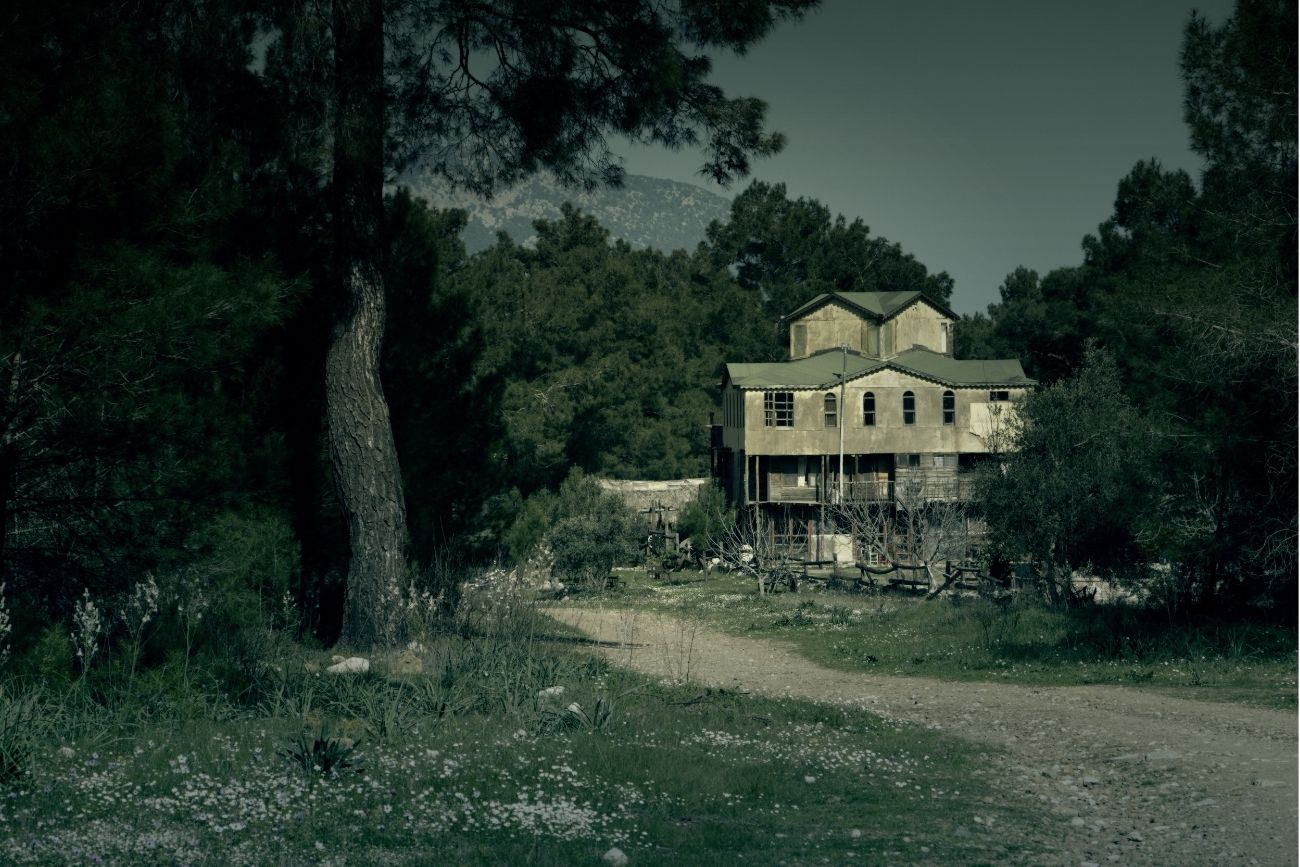
25 Essential Colombian Expressions You Need to Know
When traveling to Colombia or interacting with native speakers, understanding common Colombian expressions can significantly enhance your experience. Colombian Spanish is rich in unique phrases and idioms that reflect the country’s vibrant culture and regional diversity. In this article, we’ll explore 25 essential Colombian expressions that will not only help you communicate better but also give you insights into the local culture.
Common Colombian Greetings

1. ¿Qué más?
One of the most commonly used Colombian expressions is ¿Qué más? This versatile greeting roughly translates to “What’s up?” or “How’s it going?” You’ll hear it everywhere—from the bustling streets of Bogotá to the beaches of Cartagena. Indeed, it’s a casual, friendly way to start a conversation that immediately establishes a connection with the other person.
2. ¡Hágale!
This expression is as Colombian as it gets. ¡Hágale! is used to encourage someone to go ahead with something, similar to saying “Go for it!” or “Do it!” in English. Furthermore, it reflects the proactive and supportive nature of Colombians, who often use this phrase to motivate others to take action, no matter the context.
3. Parcero/Parcera
Parcero (male) or Parcera (female) is a popular slang term for “friend” in Colombia, particularly in Medellín. By using this word, you will instantly sound more like a local, as it symbolizes the friendly and warm nature of the people. Colombians are known for their hospitality, and using this term shows that you’re embracing that spirit.
4. ¡De una!
If you’re agreeing to something without hesitation, ¡De una! is the perfect expression. It means “right away” or “absolutely,” and it conveys enthusiasm and eagerness. Whether you’re accepting an invitation or making a decision, this phrase demonstrates a can-do attitude.
Expressions for Everyday Situations

5. Chévere
Chévere is a widely used expression in Colombia to describe something cool, nice, or fun. Whether you’re talking about a plan, a person, or an experience, calling it chévere is a great way to express your approval. For example, if someone invites you to an event, you might say, “¡Qué chévere!” to show your excitement.
6. Pilas
When someone tells you to pilas, they’re urging you to pay attention or be alert. Although the word literally means “batteries,” in Colombia, it’s used to tell someone to stay sharp or be careful. For instance, you might hear a parent telling their child, “¡Pilas con la calle!” which means, “Be careful with the street!”
7. Bacano
Similar to chévere, bacano is another Colombian expression that means something is cool or awesome. It’s commonly used among younger people and is a great way to express excitement. You might hear it in conversations about music, fashion, or any situation where something impresses or pleases.
8. Tranquilo/a
Tranquilo or tranquila is an essential expression in Colombia, meaning “calm” or “relaxed.” It’s often used to tell someone not to worry or to take it easy. Colombians value a laid-back approach to life, and this phrase embodies that attitude. For example, if someone is stressed about a situation, you might say, “Tranquilo, todo va a salir bien,” which means, “Relax, everything will turn out fine.
9. La vaina
La vaina is a versatile term in Colombian Spanish that can refer to just about anything. It’s similar to saying “the thing” or “stuff” in English. Depending on the context, it can be positive or negative, so pay attention to how it’s used. For example, “Esa vaina está rota” means “That thing is broken.”
10. Cucho/Cucha
In Colombian Spanish, cucho or cucha affectionately refers to an older man or woman. It’s often used to talk about one’s parents or older relatives, though it can also be used more broadly to refer to any older person. For instance, “Mi cucha me enseñó a cocinar” means “My mom taught me how to cook.”
Want to dive even deeper into the fascinating world of Colombian Spanish?
Colombian Slang and Idioms

11. Mamar gallo
To mamar gallo means to joke around or tease someone. It’s a fun expression that reflects the playful nature of Colombian interactions, where humor and teasing are common. If you’re engaging in light-hearted banter with friends, you might say, “¡No me mames gallo!” meaning, “Don’t mess with me!”
12. Ladillar
Ladillar is a Colombian expression used when someone or something is being annoying or bothersome. It’s a casual, colloquial term that adds a bit of humor to the situation. For example, if someone is pestering you with questions, you might say, “¡Deja de ladillar!” which means, “Stop bothering me!”
13. Embarrada
When someone makes a mistake, Colombians might say they made an embarrada. This expression is used to describe a mess-up or a blunder, often in a light-hearted or forgiving way. If a friend spills a drink, you might hear, “¡Qué embarrada!” meaning, “What a mess!”
14. Rumba
In Colombia, rumba isn’t just any party—it’s a lively, often all-night celebration with dancing, music, and drinks. Colombians take their rumba seriously, so expect a good time if you’re invited to one.
15. No dar papaya
A uniquely Colombian expression, no dar papaya means not to make yourself vulnerable or an easy target, especially in situations that could lead to theft or trouble. It’s a good piece of advice for both locals and visitors.
16. Camello
In Colombia, camello is slang for work or a job, particularly hard or strenuous work. It’s derived from the word for camel, an animal known for carrying heavy loads, symbolizing the effort required in certain jobs.
Colombian Expressions for Specific Situations

17. Guayabo
Guayabo refers to the hangover you get after a night of heavy drinking. If someone says they have guayabo, you know they’re feeling the effects of too much rum or aguardiente, Colombia’s national liquor.
18. Estar llevado del putas
This colorful expression means someone is in a bad state or condition, often used when someone is extremely tired, sick, or stressed. It’s an informal phrase that captures the intensity of the situation.
19. ¡Qué chimba!
An exclamation of admiration or excitement, ¡Qué chimba! is similar to saying “How cool!” in English. It’s a casual, upbeat expression that’s popular among young Colombians.
20. Parcharse
To parcharse means to hang out or chill, often with friends. It’s a casual term that reflects the importance of socializing and spending time with loved ones in Colombian culture. You might say, “Nos parchamos en el parque,” meaning, “We’re hanging out in the park.”
21. Pico y placa
A phrase you’ll often hear in Colombian cities, pico y placa refers to the traffic restrictions that limit which vehicles can be on the road during certain hours based on their license plate numbers. Understanding this expression is crucial for navigating the often-congested streets of cities like Bogotá and Medellín.
Expressions Related to Colombian Culture
22. Tinto
In Colombia, tinto refers to a small cup of black coffee, usually served without sugar. Coffee culture is deeply ingrained in Colombian life, and this expression is a must-know for any coffee lover.
23. Juepucha
A toned-down version of a stronger expletive, juepucha is used to express surprise, frustration, or anger. It’s a common expression that Colombians use in everyday situations.
24. ¡Qué pena!
¡Qué pena! is the Colombian way of saying “I’m sorry” or “Excuse me.” It’s a polite expression used in a variety of situations, from apologizing for bumping into someone to excusing yourself from a conversation.
25. Mi llave
Finally, mi llave is an endearing term for a close friend, similar to saying “my buddy” in English. This warm expression highlights the strong bonds of friendship in Colombia. Saying “Eres mi llave” to someone is a way of expressing that they are an important part of your life.

By familiarizing yourself with these essential Colombian expressions, you’ll not only improve your Spanish skills but also gain a deeper appreciation for the rich and diverse culture of Colombia. Whether you’re planning a trip, learning the language, or just curious about Colombian Spanish, these phrases will help you connect with locals and navigate your way through this beautiful country.
If you’re looking to dive even deeper into the nuances of Colombian Spanish, consider reading Short Stories in Colombian Spanish.
Want to dive even deeper into the fascinating world of Colombian Spanish?






